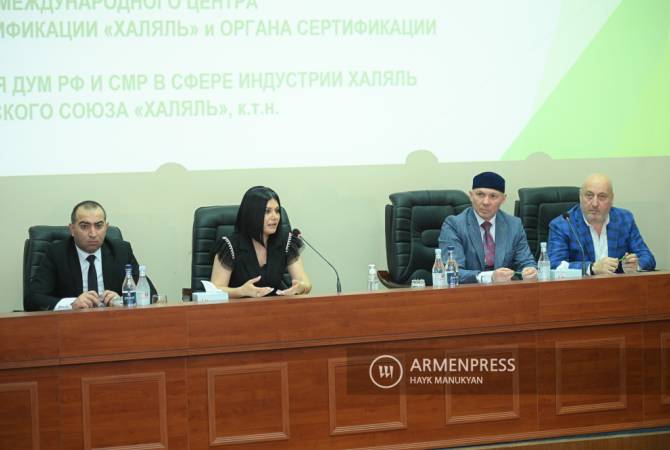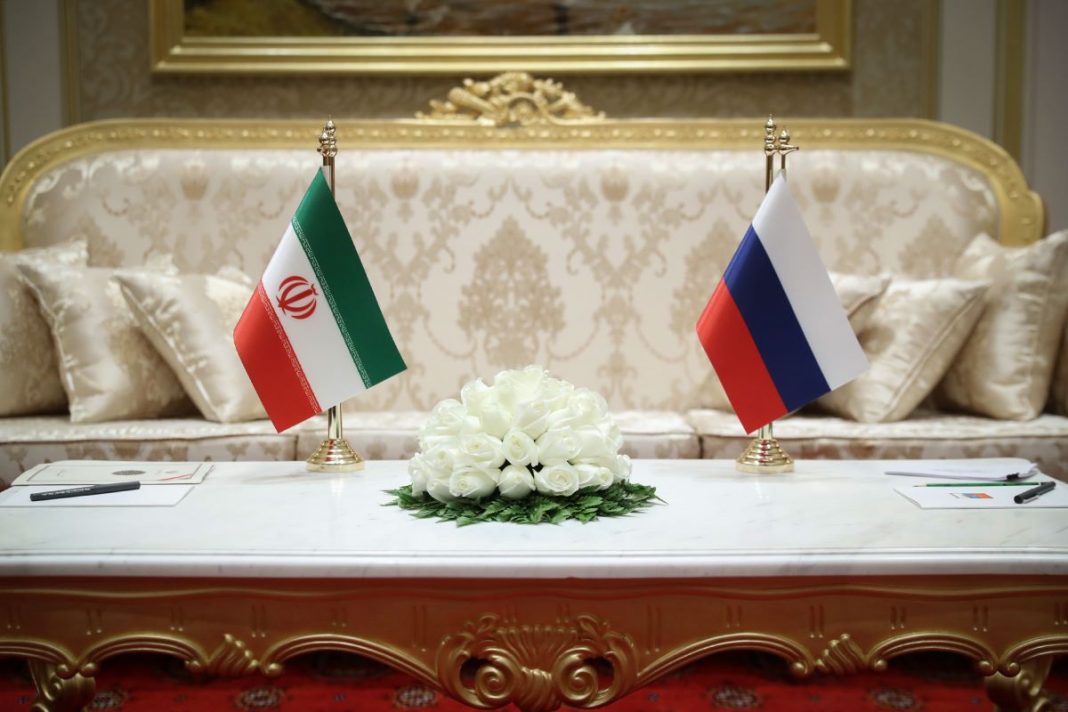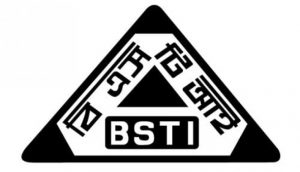240 industries in total provide two million Spanish consumers with 500 certified products, generating $620 million in revenue.
 The Halal Institute together with Aenor lead the process of standardization related to the Halal aspects of the food chain.
The Halal Institute together with Aenor lead the process of standardization related to the Halal aspects of the food chain.
The Halal Institute of the Islamic Board of Spain, based in Cordoba, together with the Spanish Association for Standardisation and Certification (AENOR), and with the support of the main Islamic federations, consumers, manufacturers and the Administration, lead the recently developed new standardisation activity related to the halal aspects of the food chain.
Hanif Escudero, director of Halal Standardisation, has explained to Europa Press that the Technical Committee on Standardization AEN/CTN 308 ‘Halal’ is the body created for this activity , whose Secretariat functions will be carried out by the Halal Institute, on behalf of the Islamic Board of Spain’.
In fact, the Halal Institute is the Islamic and scientific organization dedicated to normalize, regulate and control the Halal market in Spain. Furthermore, as has been pointed out by Escudero, the Halal Institute of the Islamic Board, was the driving force behind the development and signing of the Cooperation Agreements of 1992 (26/1992) and the registrant of the Guarantee Mark Halal (2466790 M 0. Halal), that means allowed, permitted or lawful’. It is, as has been pointed out, ‘a global concept that refers to the set of practices and behaviours that are acceptable according to the Shariah/Islamic Law’.
Currently, as it has been emphasized by the responsible of the Halal Institute, ‘the Halal market, at international level, grows by 10/12%, while in Spain has a main consumer segment close to two million consumers, and a market revenue of 620 million euros generated by more than 240 industries, with 500 certified products and more than 600 retail stores’.
HISTORICAL EVENT
All of this will be the area of work of the newly formed Technical Committee on Standardization related to the aspects of the Halal food chain in Spain, ‘this is the first time –as emphasized Escudero–that a Technical Committee on Standardization, addresses technical and religious aspects’.
In addition, as indicated by the responsible for the Halal Institute, the normalization process now begun also implies a historical event ‘ in the sense that, after 20 years since the signing of the Cooperation Agreements (26/1992), it seems that the subject of Halal will be the first aspect in which there will be a normative progress. In other words, we now have an example to follow in aspects that the Cooperation Agreement itself restricts or even left undefined’.
COMMITTEE OBJECTIVES
Aenor technical committees of normalization working bodies are open to the participation of all interested parties and its main purpose is the development of the referred UNE Standards, which are voluntary and demanded by society. In this sense, the first objective of this new Technical Committee on Halal Standardization ‘will consist in following-up to a European standard draft on Halal food requirements, the use of additives, animal slaughter and welfare, the traceability or labelling’..
In addition to the follow-up of this European project, the Halal Institute, as Hanif Escudero has pointed out, ‘has brought up the idea of organizing several working groups to assume other areas, as is the case of beverages, tourism, cosmetics or finances. Emerging sectors in which Spain must also be a reference’.
Another of the reasons for organizing various working groups is that the Committee of the Whole ‘is a broad,representative and also diverse body. The director of Halal Standardisation has concluded that, “the working groups are a necessary tool in order to take advantage of the working meetings and all the efforts and dedication put in by the members of the Committee’.



